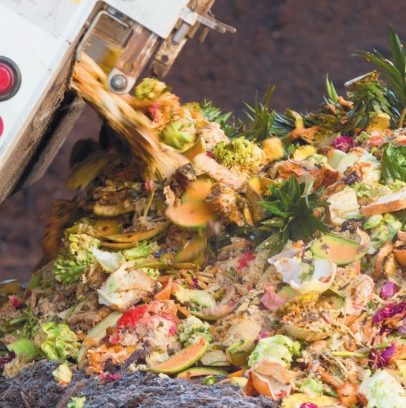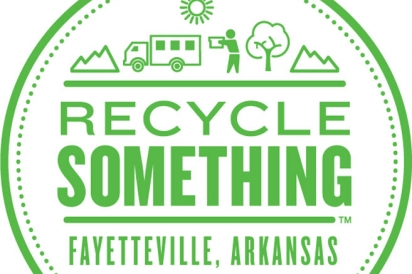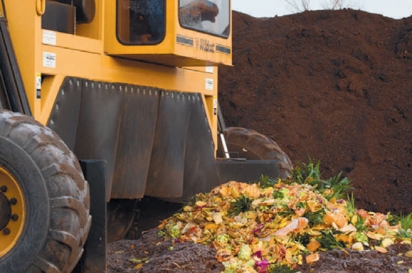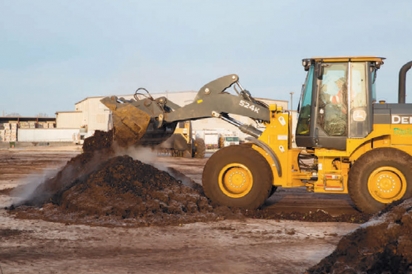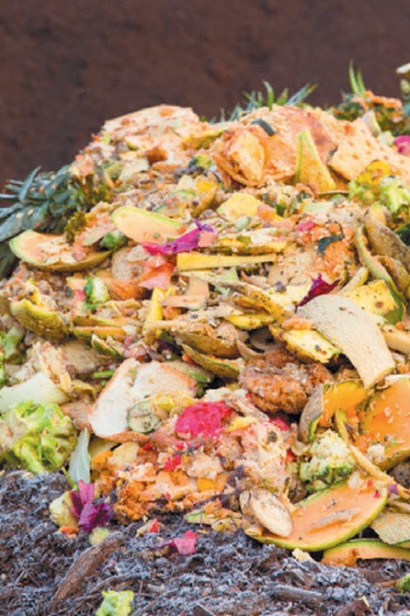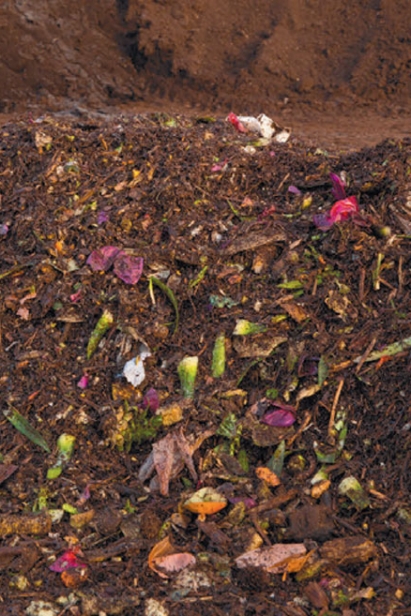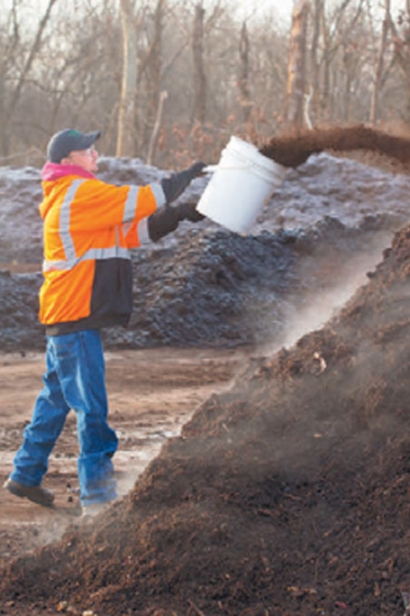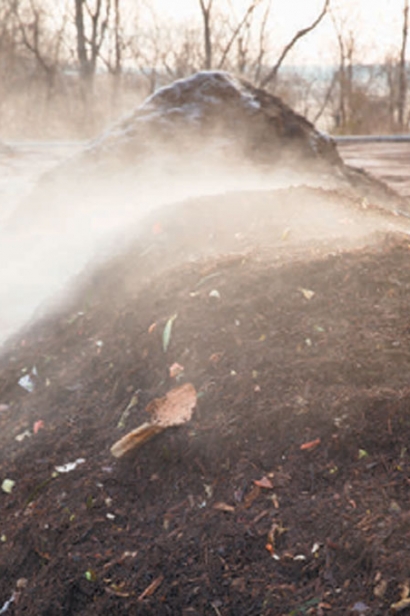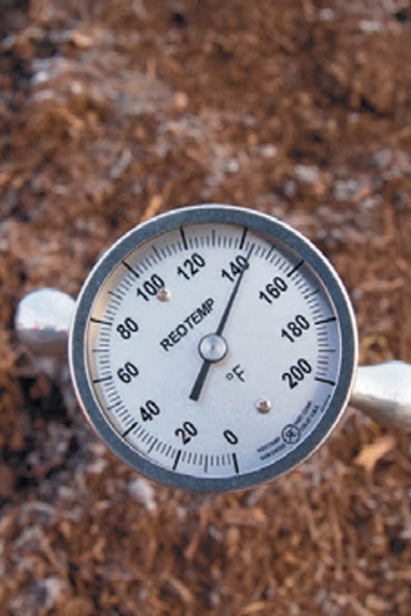Fayetteville Launches Food Waste Composting Pilot Program
The City of Fayetteville has a goal of diverting 80 percent of waste material from landfills by 2025. In April 2015, when the goal was announced, the city was diverting 20 percent. This year, as part of the initiative, the city launched a food waste composting pilot program to test the viability of commercial food waste composting.
“This program is exciting to me,” says Brian Pugh, waste reduction coordinator for the city. “Recent waste audits of our trash have shown that 17 percent of residential waste and 18 percent of commercial waste is food. The potential to turn that material from the landfill to composting will help the city of Fayetteville reach higher diversion from landfill numbers.”
As part of the City of Fayetteville’s Solid Waste Reduction, Diversion and Recycling Master Plan, a food waste composting pilot program has been approved through the Arkansas Department of Environmental Quality. The Recycling and Trash Collection Division will be collecting food waste materials from the University of Arkansas, the Fayetteville Senior Activity and Wellness Center, Happy Hollow Elementary School, The Farmer’s Table Cafe, Greenhouse Grille, Wood Stone Craft Pizza, and Khana Indian Grill. Yard waste from current collections will also be included.
The participants in the pilot program were chosen because they were already composting to some extent or were vital for gleaning data, which will help establish a successful citywide program.
“It was just a matter of putting it in a different container,” says Adrienne Shaunfield, co-owner of The Farmer’s Table Cafe, whose staff was already trained to separate food scrap from waste. “I think it’s important to raise awareness that food should never go in the trash can. I hope, through this pilot, all citizens will be made aware that food should go to feed the hungry, then animals, then compost. It’s a start in the right direction to inform people that food is not trash.
The program will allow the city to study collection costs and issues while gaining experience in composting food waste using the Modified Static Aerobic Composting method, which uses enzymes to speed the composting process.
“I’m excited because as a restaurant owner I analyze food waste constantly,” says Jerrmy Gawthrop, co-owner of Greenhouse Grille and Wood Stone Craft Pizza, whose staff was also already separating compostable materials. “This is a great next step for the city in the recycle program. Also, homeowners will have access to more nutrient-dense compost.”
Lisa Purkayastha, co-owner of Khana Indian Grill, says she is also excited about the program.
“A restaurant gives us the opportunity to put ideas into the community we care about: the integrity of food made with fresh ingredients, the restorative power of a meal in a pleasant setting, reducing waste that’s sent to landfills, and the importance of recycling,” Lisa says.
Customers from Khana may have noticed that all the meals are served on compostable plates.
“We love that in India, disposable plates are often made of natural materials, rather than plastics or Styrofoam,” Lisa says. “The plates we use help support people who collect the fallen palm leaves, which then go through a simple cycle of sanitation and pressing. After use, the plates, when composted, are then ready to return good things to the soil.”
Lisa says she is actively seeking local farms to partner with her by accepting the restaurant’s compost when the pilot concludes.
Brian says he wants to emphasize the hierarchy in food recovery (see page 44), and food should be used for human consumption first, followed by animal consumption. Composting is a last resort alternative to food going to a landfill.
“I want to make sure we develop a program that considers these factors so we do not compete with local food banks or other outreach efforts to feed people first,” Brian says.
Collection began Jan. 20, and the pilot program is scheduled to last for several months. If the pilot is successful, the city will apply for a permit change to allow them to conduct food waste composting on an ongoing basis and expand it to further commercial pickup, and then to residential pickup in the future.
Individuals interested in learning more about or becoming involved in the program may contact the City of Fayetteville Recycling and Trash Collection Division at 479-575-8398.


